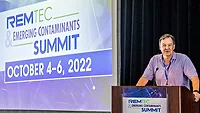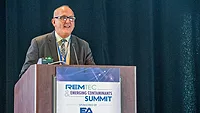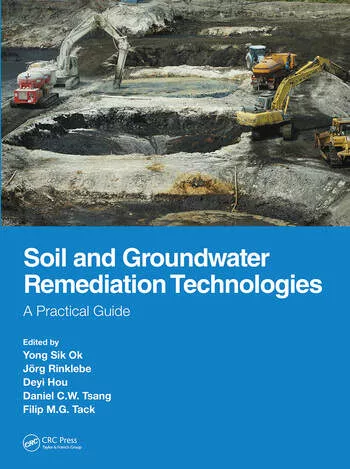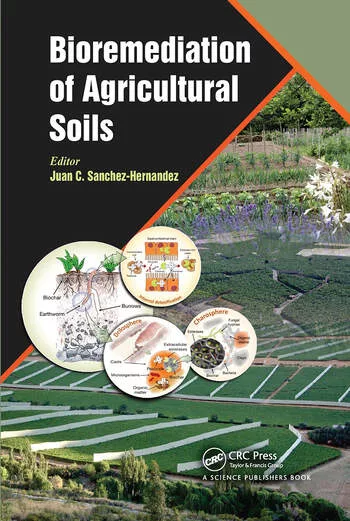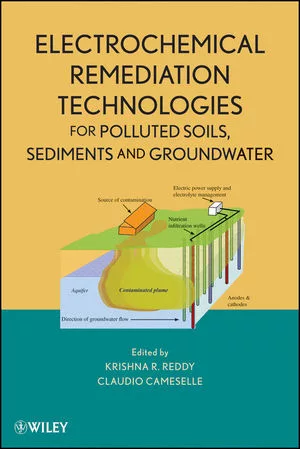RemTEC and Emerging Contaminants Summit Announces Full Agenda
Dive into cutting-edge knowledge shared by the world’s leading experts from academia, regulatory agencies and consulting firms
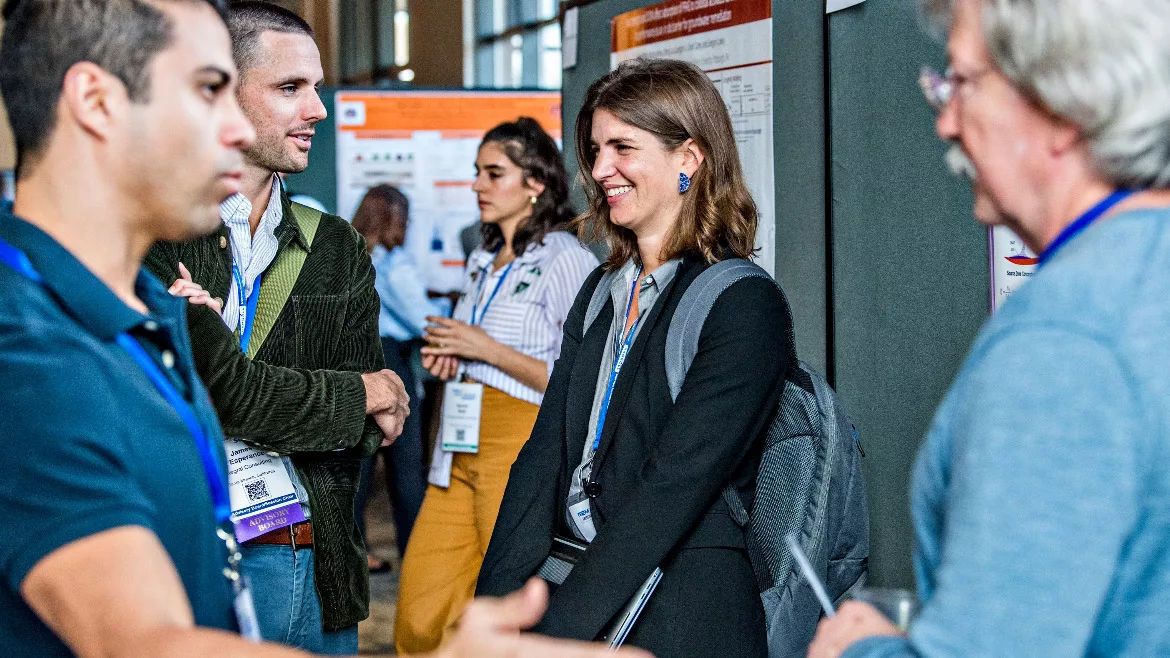
The RemTEC & Emerging Contaminants Summit is set to tackle the latest developments and challenges in addressing contamination from emerging contaminants like PFAS and more, with a packed agenda featuring expert keynotes, panel discussions, and in-depth track sessions. Click here to access the agenda and register.
On Tuesday, the summit kicks off with a range of tracks delving into specific aspects of PFAS remediation and emerging contaminants. The opening keynote by Dr. Ian Cousins focuses on the uses of PFAS and their alternatives and functional substitution. Track 1 explores in-situ immobilization of PFAS using activated carbon, while Track 2 delves into the state of the science and application of PFAS treatment. Track 3 tackles the analytical challenges and opportunities in detecting PFAS.
Tracks 4 and 15 turn the attention to managing PFAS in impacted environmental media and the transition from active to passive treatment at chlorinated solvent sites. The PFAS fate and transport considerations are the focus of Track 7, and Track 8 offers more insights on the state of the science and application of PFAS treatment.
A pair of panel discussions are scheduled for Track 9. Sub-track 9a aims to demystify PFAS in remedial regulatory processes, while 9b explores more PFAS analytical challenges and opportunities. Track 10 keeps the spotlight on PFAS risk assessment and toxicology, presenting the latest findings.
Attendees can learn about PFAS site investigation, source identification, and quantifying background to inform management strategies in Track 11. Track 12 shifts the focus to tools and approaches for remediating chlorinated solvent sites, and Track 13 showcases novel approaches for applying groundwater geology to improve remediation outcomes.
The summit also dedicates tracks to emerging contaminants beyond PFAS. Track 5 examines if 1,4-dioxane has fully emerged as a contaminant of concern in groundwater, while Track 6 is all about sulfolane, an industrial contaminant on the rise. Track 14 explores more approaches for managing other emerging contaminants.
On Wednesday, Dr. Kyle Doudrick from the University of Notre Dame will deliver a keynote on PFAS thermal treatment, covering the current state of the practice as well as advances in managing impacted wastes using low-temperature incineration. This keynote runs in parallel with other talks, including a panel discussion on the remedial regulatory process for PFAS. The panel boasts a lineup of speakers from the EPA, DOE, AECOM, and more.
With its comprehensive agenda, the RemTEC & Emerging Contaminants Summit promises to be a crucial gathering for scientists, regulators, and remediation professionals to share knowledge, collaborate, and advance the field in tackling the complex challenges of PFAS and emerging contaminants.



